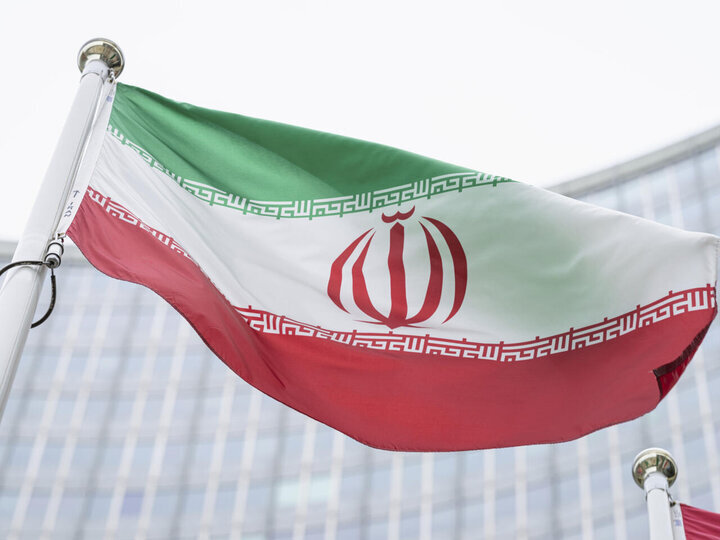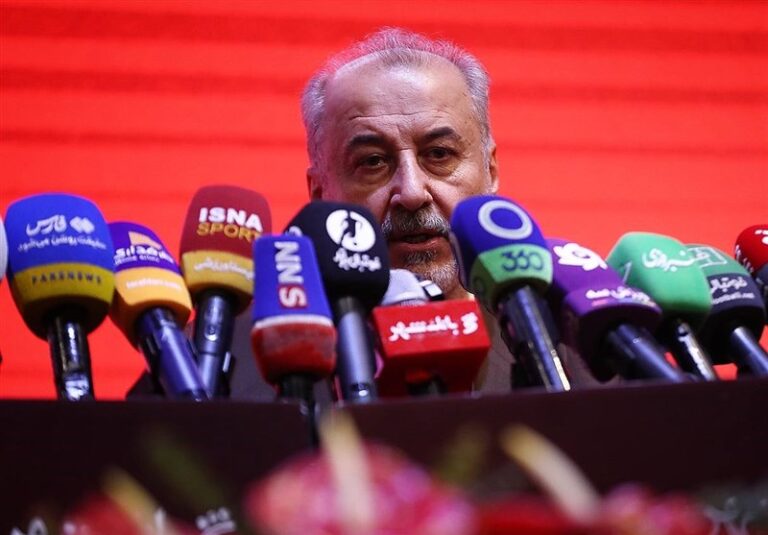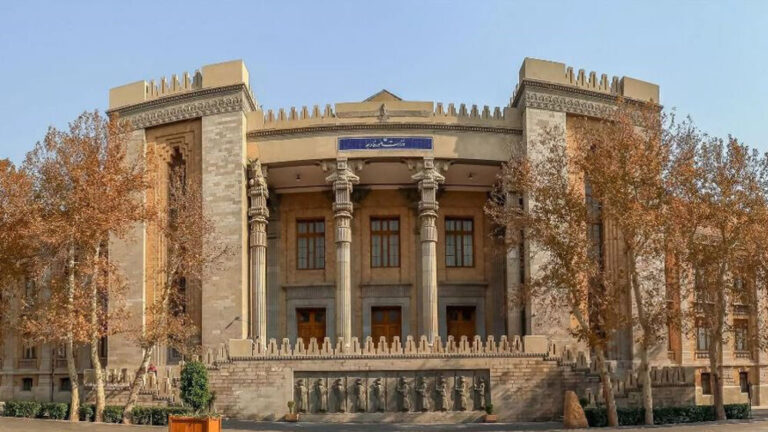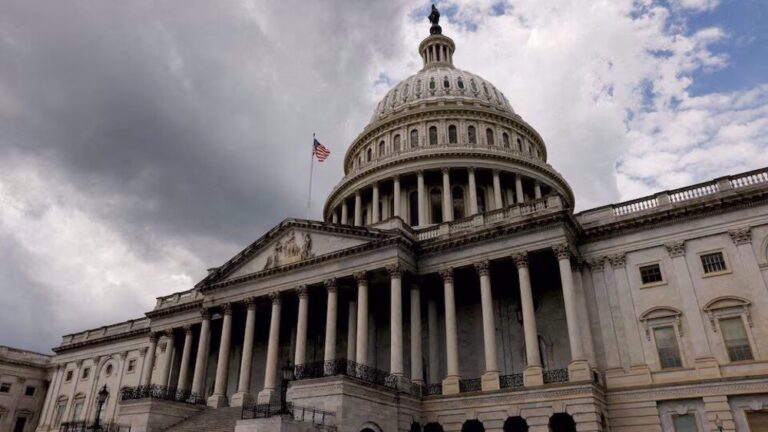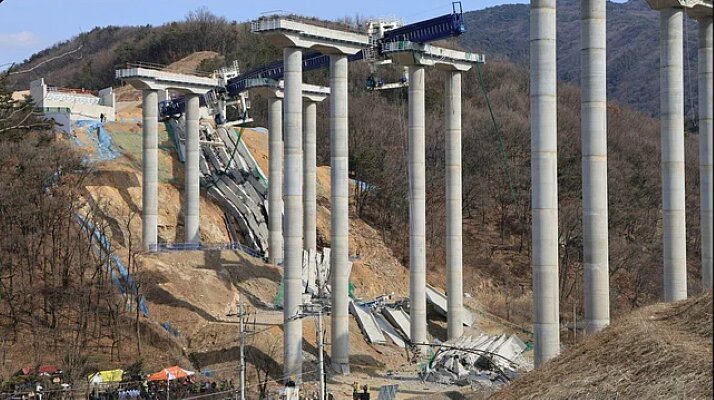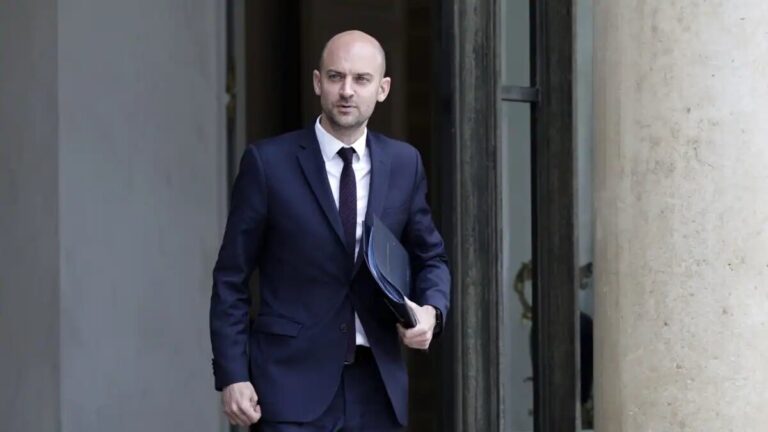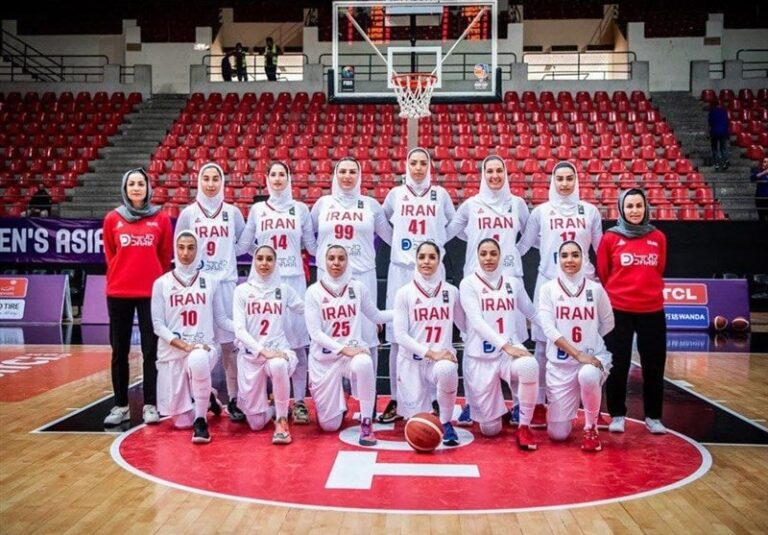Iran’s Nuclear Case: No Shifts in Management Strategy Amid Ongoing Tensions
In recent developments regarding the nuclear negotiations, the Iranian Ministry of Foreign Affairs (MFA) has reiterated its ongoing commitment to managing the talks surrounding the nuclear issue. This confirmation highlights the importance of diplomatic engagement in the context of the Joint Comprehensive Plan of Action (JCPOA), which remains a focal point of international relations.
The MFA addressed media inquiries regarding the management of the nuclear case, stating that “no changes have been made in this regard.” This statement underscores the ministry’s consistent role in navigating the complexities of the nuclear negotiations. Furthermore, the MFA emphasized that the Supreme National Security Council of Iran continues to hold the responsibility for determining the negotiating strategy and coordinating efforts among relevant institutions.
To better understand the context and significance of these negotiations, it is essential to consider the following key points:
- The JCPOA, signed in 2015, involves Iran and the five permanent members of the UN Security Council, along with Germany.
- Former US President Donald Trump unilaterally withdrew from the agreement in 2018, leading to escalating tensions.
- Current US President Joe Biden has expressed a willingness to revive the JCPOA, signaling a potential shift in diplomatic strategy.
- Negotiations to reinstate the deal began in April 2021 in Vienna, Austria, with the aim of assessing the US’s commitment to rejoining the agreement.
- Discussions have been stalled since August due to the US’s refusal to lift all sanctions imposed by the previous administration.
- Iran demands assurances that the US will uphold any agreement reached, which is crucial for building trust.
The JCPOA was designed to limit Iran’s nuclear program in exchange for relief from economic sanctions. The ongoing discussions have drawn in multiple global powers, including Russia, the UK, Germany, China, the US, and France. These nations have engaged in a series of talks since April 2021, emphasizing the collective interest in ensuring regional stability and preventing the proliferation of nuclear weapons.
Despite the complexities of the negotiations, Iran remains steadfast in its position. As the MFA pointed out, the Supreme National Security Council plays a vital role in formulating the country’s approach to the talks. This council is instrumental in coordinating with various government entities to ensure a unified strategy in the negotiations.
As the situation unfolds, the emphasis remains on the need for constructive dialogue and mutual understanding. The Iranian government has expressed that any agreement must be backed by solid guarantees to ensure compliance from all parties involved. This insistence is seen as a necessary measure to prevent future unilateral actions that could disrupt the delicate balance established by the JCPOA.
In light of these developments, it is crucial for observers to monitor the progress of the negotiations closely. The outcomes will not only affect Iran’s nuclear ambitions but also have far-reaching implications for international relations and geopolitical stability in the region.
In summary, the Iranian MFA’s recent statements reaffirm its commitment to the nuclear negotiations, emphasizing the continuity of its role in managing these discussions. With the JCPOA at the center of these talks, the future of Iran’s nuclear program and its relationship with global powers hangs in the balance. As both sides navigate the complexities of diplomacy, the potential for a renewed agreement may hinge on the ability to reach consensus on key issues, including sanctions relief and mutual commitments.
